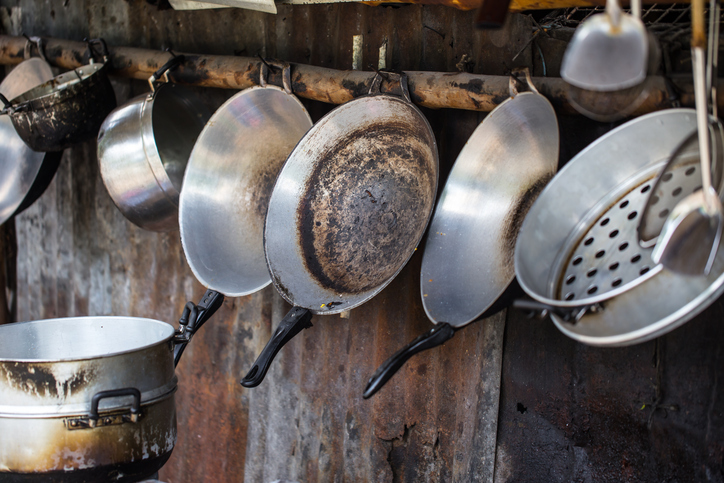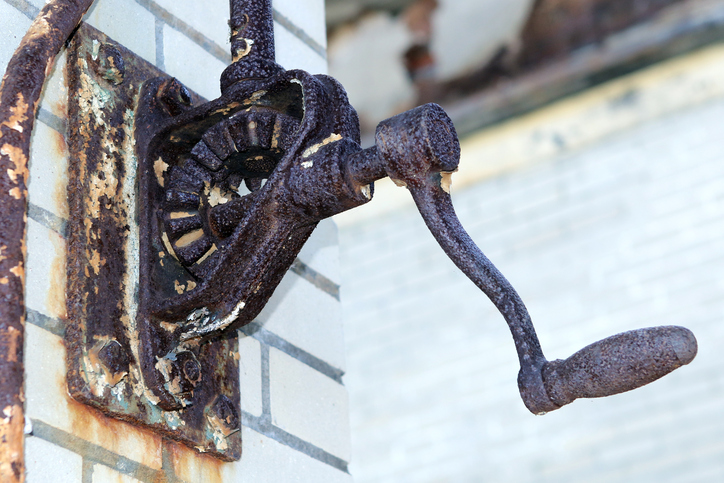manner
(noun, verb)
/ˈmænɚ/
 LISTEN
LISTEN


Making faces at people is bad manners.
A manner is a way of doing, being done or happening. Always in the plural form manners, it means ‘the customs or habits of a people, class, or time period,’ or ‘a way of behaving with reference to polite standards.’ Someone’s bearing or behavior towards others can also be called a manner. Manner can also be a synonym of kind or type or it can be a style.
Example sentences
- Rachel didn't really mind what Will had done, it was more the manner in which he did it that bothered her.
- This historian writes about the manners of Elizabethan England.
- Not saying thank you for a gift is very bad manners .
- The old lady had a proud manner.
- What manner of man is he?
- The teacher asked her students to write a story in the manner of Charles Dickens.
Words often used with manner
no manner: no kind. Example: “The window was broken, but George could find no manner of materials with which to mend it.”
any manner: any kind. Example: “The teacher made it clear that he would not tolerate any manner of bad behavior.”
in a manner: in a way, so to speak. Example: “I suppose you could say that Lisa succeeded in a manner.”
in a manner of speaking: in a way, as it were. Example: “The work is done, in a manner of speaking; it could do with a little improvement.”
In pop culture
To the manner born is a saying that means someone is naturally suited to a task or role. As a play on words of this expression, a sitcom that was broadcast on the BBC in the late 1970s and early 1980s, about an upper-class woman who had to sell her family’s manor house to a rich man of a lower class, was entitled To the Manor Born. You can see a clip from the show here:
Did you know?
You might think that good manners are something that people everywhere agree upon and always have, but a look back at the history of manners, as shown in this video shows that they have evolved and changed over time:
Origin
Manner, meaning ‘kind, variety or sort’ as well as ‘method’ dates back to the late 12th century. The Middle English noun manere came from the Anglo-French manere and the Old French maniere, meaning ‘manner, way, method,’ as well as ‘custom’ and ‘appearance.’ It can be traced back to the Latin ‘manuarius‘ (belonging to the hand) from manus (hand) and the Proto-Indo-European for man- (hand). It is related to the Modern French manière, the Spanish manera, the Portuguese maneira, the Italian maniera, the Dutch manier, the German manier, the Swedish maner (all meaning ‘manner’), the Greek mane (hand), the Old Norse mund (hand), the Old English mund (hand, protection or guardian), the German Vormund (guardian) and the Old Irish muin (protection or patronage), as well as English words like command, demand, maintain, manage, manual, manure, manuscript and recommend. The meaning ‘custom or practice’ appeared around the year 1300, as did ‘way of doing something,’ ‘personal habit’ and ‘way of behaving towards others.’ This extended to ‘way something happens’ in the mid-14th century. It has been used to mean ‘literary style’ since the mid-17th century.
Word of the Day is released Monday through Friday.



